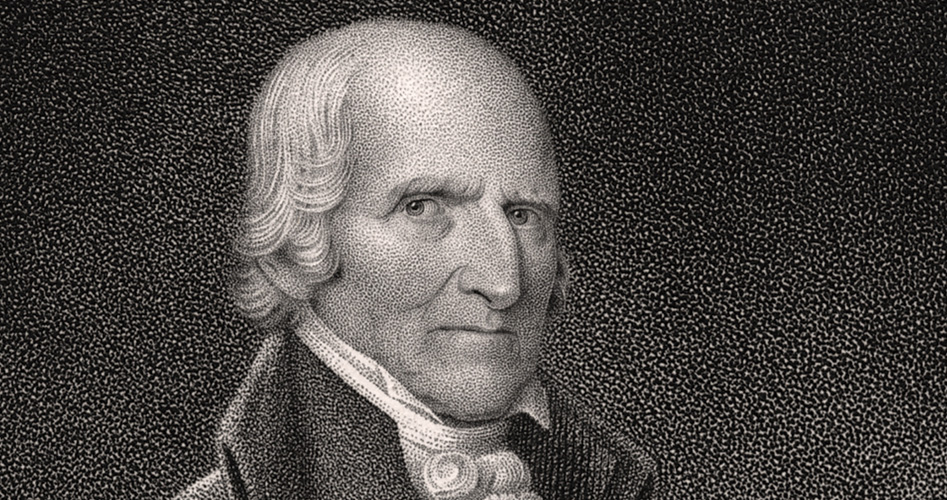
The Tariff of Abominations and the Era of Good Stealings
Few Americans seem aware of the fact that it was the New England Federalists who plotted to secede from the Union a half-century before the 1860-61 secession of the Southern states. Their efforts culminated in the Hartford Secession Convention of 1814, where they decided in the end to remain in the Union, confident that they would eventually dominate national politics to their economic advantage.
The leader of the New England secessionists was Massachusetts Senator Timothy Pickering, who had been George Washington’s adjutant general and quartermaster general during the American Revolution and served as secretary of state and secretary of war in the Washington administration, a member of Congress from Massachusetts, and secretary of state in the John Adams administration. He was joined in his secessionist efforts by such Federalist Party luminaries as Elbridge Gerry, John Quincy Adams, Joseph Story, Fisher Ames, Harrison Gray Otis, Josiah Quincy, Theodore Sedgwick, and other prominent New Englanders. They were motivated by an intense hatred of Jefferson, his philosophy of limited, decentralized government, and the policies of his administration. It was Jefferson’s election to the presidency in 1800 that spawned the New England secession movement.
As historian James Banner wrote in his book To the Hartford Convention: The Federalists and the Origins of Party Politics, 1789-1815, the Federalists denounced Jefferson and his administration as supposedly being plagued by “falsehood, fraud, and treachery,” along with “oppression and barbarity,” and accused him of causing “ruin among nations.” New England clerics attached to the Federalist Party compared Jefferson to Beelzebub who had caused “a moral putrification that covers the land,” wrote Banner. Jefferson biographer Claude Bowers wrote of how many New England clerics were in fact “militant Federalists” hiding behind their clerical collars who “habitually denounced” Jefferson as “an anti-Christ” and hated him “with an unholy hate” because he stood in the way of their cherished goal of state-imposed Puritanism.
JBS Member or ShopJBS.org Customer?
Sign in with your ShopJBS.org account username and password or use that login to subscribe.

 Subscribe Now
Subscribe Now
- 24 Issues Per Year
- Digital Edition Access
- Exclusive Subscriber Content
- Audio provided for all articles
- Unlimited access to past issues
- Cancel anytime.
- Renews automatically

 Subscribe Now
Subscribe Now
- 24 Issues Per Year
- Print edition delivery (USA)
*Available Outside USA - Digital Edition Access
- Exclusive Subscriber Content
- Audio provided for all articles
- Unlimited access to past issues
- Cancel anytime.
- Renews automatically

